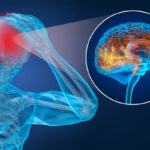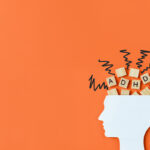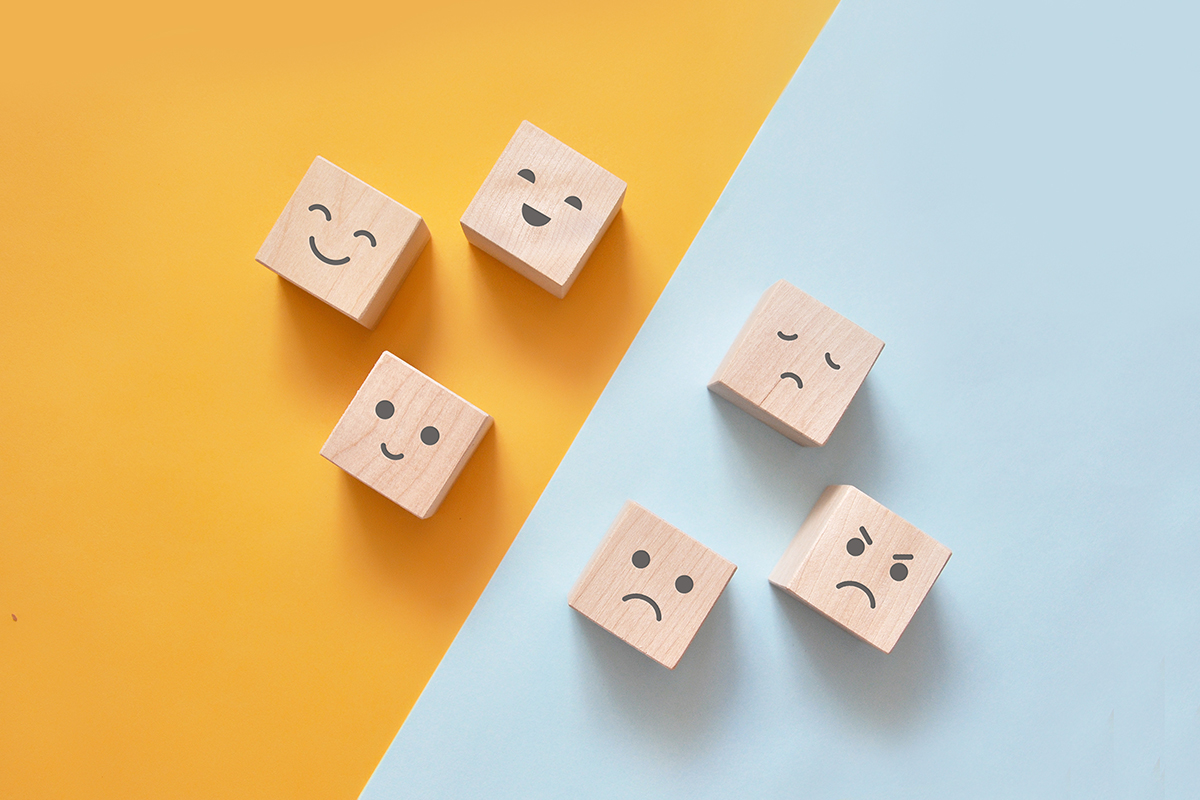If you or a loved one suffers from a mental health disorder, it impacts the ability to process emotions correctly.
The brain is equipped to assign emotional associations to events, yet when suffering from a mental health disorder such as depression, we can’t respond with emotions such as pleasure and joy.
In today’s blog post, we look at how different parts of the brain carry information and help trigger specific emotions.
What are Emotional Circuits?
Neuroscience has identified two populations of neurons in our brains that process our emotions.
One population is dedicated to the nucleus accumbens, which responds to rewarding experiences, and the other relays messages to the centromedial amygdala for unpleasant experiences. These circuits trigger brain functions related to either frightened, negative responses or positive, pleasurable responses.
The area of the brain involved in emotion processing is the limbic system located deep within the brain. Parts of the limbic system related to emotions include the hypothalamus which ties to sexual response, the amygdala, which triggers fear and anger, and the limbic cortex, which impacts mood.
Processing Fear
Our bodies process fear as part of our fight-or-flight response.
As mentioned, the amygdala responds to negative events, including fear. Processing fear also includes reaction from the hypothalamus, which contributes to proper response when we encounter potentially dangerous situations. What happens in these scenarios is that the amygdala stimulates the hypothalamus, triggering our fight-or-flight response.
The signals sent by the hypothalamus reach our adrenal glands producing adrenaline and creating physical changes that allow us to react. This includes increased heart rate, heavier breathing, increased blood sugar, and perspiration. As we experience feelings of fear, we learn how to recognize dangerous situations.
Mental health disorders can block this ability, presenting increased danger because we might not respond appropriately to threatening situations. As a result, we are more likely to put ourselves in harm’s way.
Processing Anger
Anger and aggression are also related to fear.
When we feel threatened in situations we wish to escape but can’t, our brains default to that same fight-or-flight response. In many cases, this also generates anger. Frustration also triggers anger when we face situations that don’t allow us to achieve our goals.
Along with stimulation of the hypothalamus, areas in the prefrontal cortex also occur in the anger process. Damage or issues in this area can lead to unwarranted anger or aggression, resulting in extreme reactions that can lead to abusive language or physical violence.
Processing Happiness
Feeling a sense of satisfaction or well-being is a happy emotion originating in the limbic cortex and “precuneus.”
The precuneus helps us retrieve memories that contribute to a sense of “self” as we interact with our environment. Because it helps retain memories, the precuneus can help you repeat the feelings of happy memories throughout your life. Happiness is often described as “liking” without “wanting” as this helps create pleasure and contentment.
When people suffer from depression, they fail to experience these feelings and instead experience too much wanting, leading to constant unhappiness. Issues that reduce gray matter in the right precuneus make it difficult to experience the full positive impact of what we consider to be happiness. Removal from social situations also reduces the ability to feel pleasure through connectedness. This impacts the brain’s default networks and pleasure networks, impairing the ability to feel joy.
Processing Love
Love begins as a stress response in our hypothalamus, which causes that initial feeling of nervous excitement when we are attracted to someone.
The hypothalamus also releases hormones that produce those giddy feelings of love, including dopamine, oxytocin, and vasopressin. These hormones trigger feelings of desire and sexual response that make us more affectionate and allow us to experience sexual pleasure. Love is associated with happiness as it produces that same feeling of contentment for most people. Vasopressin is also produced when we are bonding with friends in social situations. Mental health disorders can suppress the release of these hormones, making it difficult to experience a feeling of love or social connectedness.
When you or a loved one find it difficult to process positive emotions such as love and happiness, it could indicate possible mental issues such as depression. Becoming more volatile when events trigger severe anger and fear responses can lead to dangerous situations where fear is not acknowledged or anger leads to aggression.
To ensure you continue to experience the positive psychological impact of happiness and a healthier response from your brain networks, you might require interventions and treatment that help you live a more meaningful, content life.
The Chicago Mind Solutions Difference
Chicago Mind Solutions works with individuals, offering neuropsychological testing and non-invasive treatment for many mental health conditions. For more information about our treatments and teletherapy options, please contact us at (224) 723-5050 or email info@chicagomindsolutions.com.






